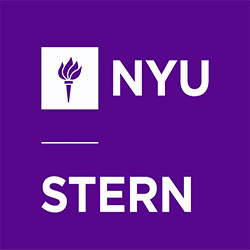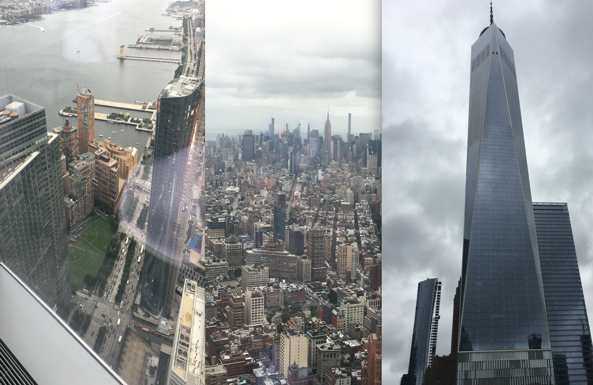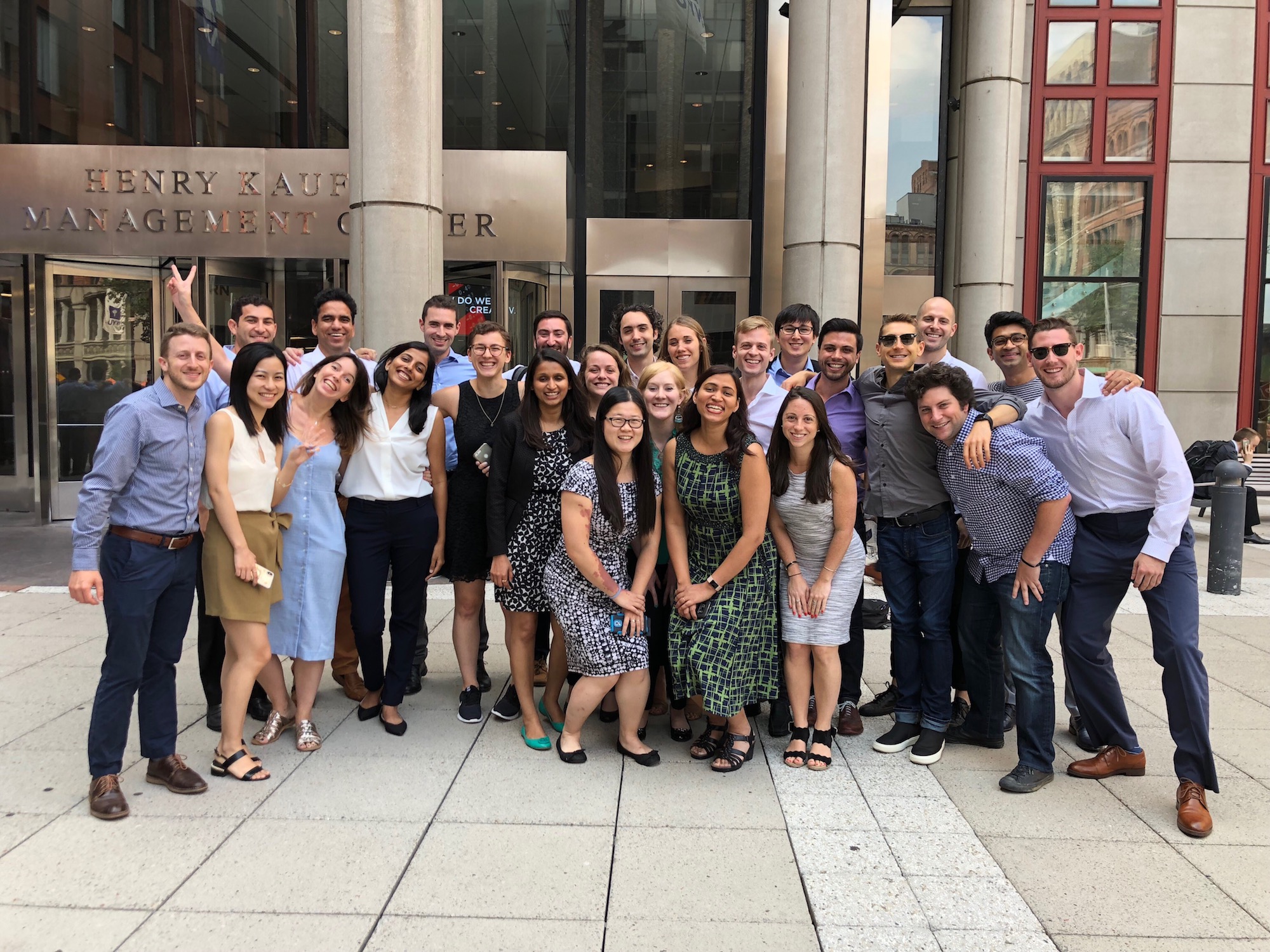Fall semester is here and with it comes for me one of the most looked forward to components of the Tech MBA curriculum: Tech Solutions. Without the benefit of a summer internship associated with a traditional two-year MBA, I knew I’d have to prioritize in-semester opportunities to gain work experience. Stern Solutions is woven into the curriculum of the Tech MBA, offering students a chance to work on projects that enable them to design, build and launch technological solutions to solve real-world problems.
Having gone through design thinking and analytical workshops over the summer, the fall aspect of Stern Solutions is focused on delivering an actual technical product that addresses a problem facing a company today. After ranking a list of 13 potential projects to work on, I was assigned to a group with a fellow Tech MBA student as well a two-year MBA student. We are working with Infosys, a global leader in technology services and consulting, to develop a solution that utilizes machine learning techniques like natural language processing to help financial analysts pinpoint investment opportunities. I know that’s a lot of tech and finance buzzwords rolled into one sentence, but I could not be more excited to work on this project.
After being assigned a group and a company contact, it’s really up to us to drive the project forward. Like most successful projects, it all starts with a kick-off meeting. Last week, the team and I traveled to Infosys’ office, a stunning location on the 79th floor of One World Trade Center. One of the big advantages of going to business school in the heart of NYC is that most world-renowned companies have an office no more than a few subway stops away. After taking the blazingly fast elevator up, we got started in a conference room overlooking the city. I’ll be honest, it was a little intimidating when 5 Infosys consultants, including a senior partner, joined us for the meeting, but I quickly realized how friendly they all were, not to mention eager to help.
We clarified project objectives, deliverables and timelines, as well met additional Infosys employees we could use as resources on the project. For a minute I forgot I was even in grad school! But the meeting soon ended, and we left with a stronger understanding of what the client is expecting. Over the course of the semester, we will have weekly check-ins with Infosys, as well sit-downs with Stern faculty advisors to ensure we are on track. This will no doubt be a challenging project, but I can already tell it will be one of the most useful and rewarding aspects of the Tech MBA program. Check back here later in the fall for an update on what we actually managed to build!



